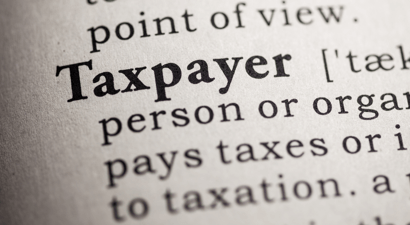The Special Voluntary Disclosure Programme Has Arrived
On 19 January 2017, the legislative framework for the Special Voluntary Disclosure Programme (“SVDP”) finally came into effect when the Rates and Monetary Amounts and Amendment of Revenue Laws Act, No 13 of 2016 (“Revenue Laws Act”) and the Rates and Monetary Amounts and Amendment of Revenue Laws (Administration) Act, No 14 of 2016 (“Revenue Laws Administration Act”) were published in the Government Gazette.
The SVDP has been introduced as an effort to allow taxpayers with undisclosed offshore income and assets to regularise their tax affairs and to correct or remedy any consequent exchange control contravention.
In terms of the Revenue Laws Administration Act, the time period for submitting SVDP applications has been extended to 31 August 2017, which is the month before the new global standard for automatic exchange of financial information between tax authorities begins.
The relief under the SVDP has now been confirmed as 40% of the highest value of the aggregate of all assets situated outside South Africa between 1 March 2010 and 28 February 2015 that were wholly or partly derived from undeclared income that will be included in taxable income and subject to tax in South Africa. No understatement penalties will be imposed and SARS will not pursue a criminal prosecution for a tax offence where an application under the SVDP is successful.
The current legislation governing SVDP applications does not make provision for an apportionment or splitting of the asset into the portion which is tainted and the portion which is not tainted. Essentially, whether or not an SVDP application needs to be done will depend on whether the assets overseas (or any portion thereof) were obtained from tainted / undisclosed income.
If the assets or funds were from income that was disclosed and taxed accordingly, be it in South Africa or overseas, the premise is therefore that these funds are not from tainted income and an SVDP is not necessary.
In instances where the money or assets were inherited according to the terms of a will or intestate success and the money or assets were treated accordingly in the deceased’s estate, the inference is then that these funds are not tainted. In these circumstances one would then need to investigate any income or gain earned from these funds or assets and how they were treated from a tax perspective, i.e. whether they were taxed accordingly either in South African or not.
In circumstances where there exist assets or funds overseas that are not tainted, but have not previously been disclosed to SARS, a taxpayer would still need to disclose these overseas assets and / or interest earned thereon by way of the existing Voluntary Disclosure Programme as set out in the Tax Administration Act No 28 of 2011.
In light of the above, applicants should always weigh up whether to apply for relief under the permanent VDP or SVDP.





